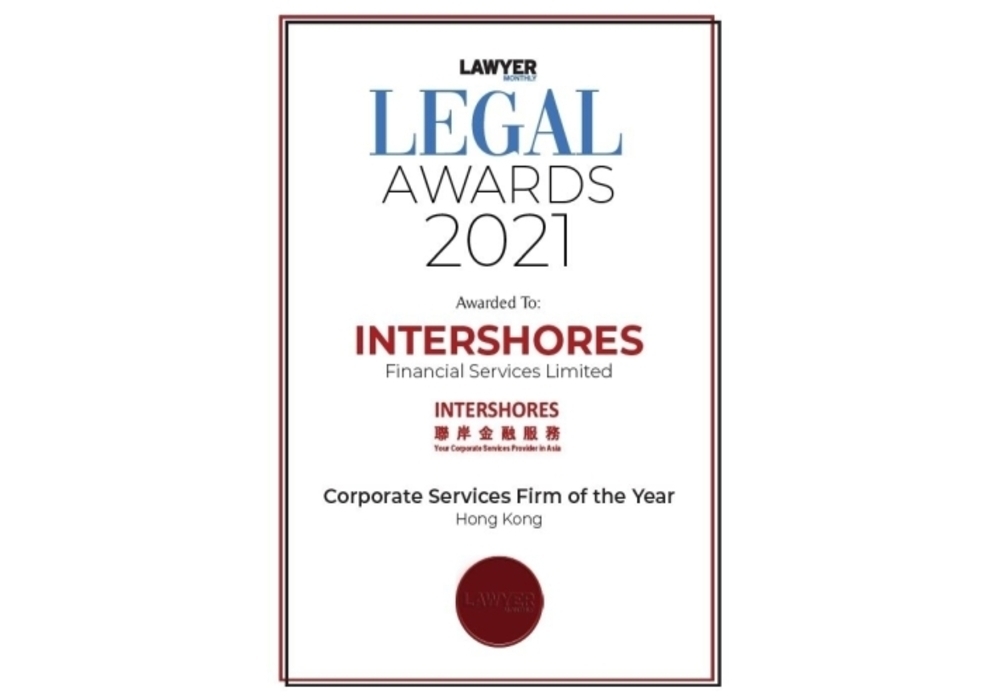
Singapore Company
Singapore Company
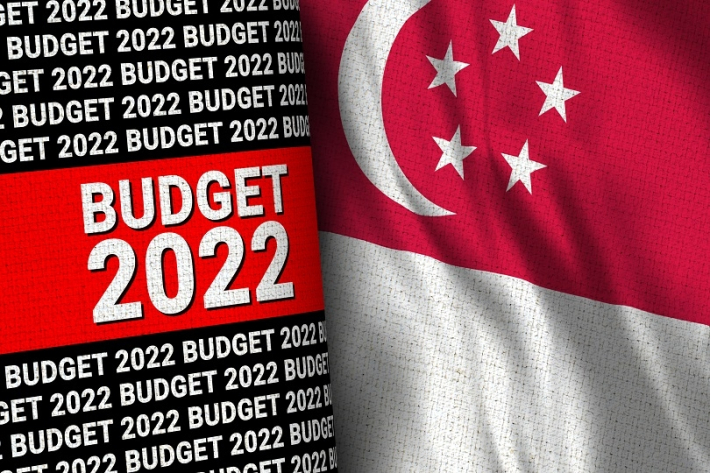
INTERSHORES|Singapore Budget 2022 : A Condensed Summary Of Tax Measures
The measures on the taxation of income in Singapore budget 2022 is summarized below.
Minimum Effective Tax Rate Regime
Singapore is exploring a “top-up tax”, a minimum effective tax rate regime as per Pillar Two of BEPS 2.0.
The minimum effective tax rate regime would apply to multinational enterprise (MNE) groups in Singapore with annual revenues of at least €750 million in consolidated financial statements of the ultimate parent entity at an effective rate to 15%.
Disclosure Of Company-related Information For Official Duties
The Inland Revenue Authority of Singapore (IRAS) would be allowed to disclose such information to a public officer at the consent of...
Details
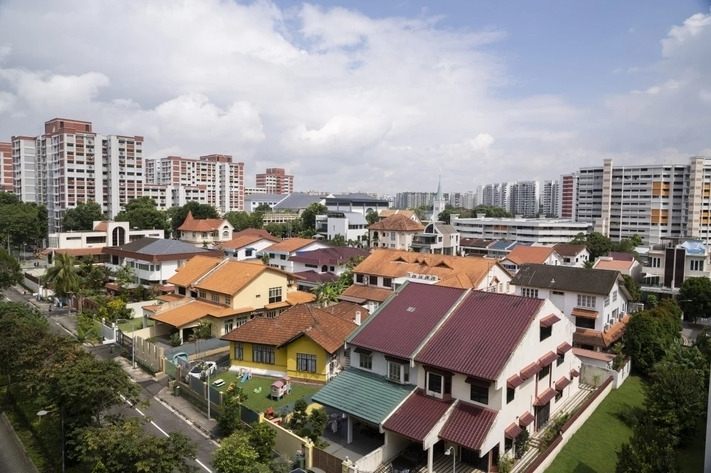
INTERSHORES l 35% Additional Buyer’s Stamp Duty (ABSD) on Residential Property Transfer In Singapore Is Imposed
Singapore's Ministry of Finance has imposed a 35% additional buyer's stamp duty (ADSB) on top of buyer’s stamp duty (BSD) on any transfer of residential property into a living trust occurred on/after 9 May 2022.
This considers as a crackdown on HNW individuals who use opaque structures.
As a concession, a trustee may apply to Inland Revenue Authority of Singapore (IRAS) within 6 months after the instrument is executed for a refund of ABSD (Trust), provided that the following conditions are met:
1. All beneficial owners of the residential property are identifiable individuals;
2. Beneficial ownership of the residential property has vested in all of these beneficial...
Details

INTERSHORES I Statutory Compliance For Singapore Companies
The corporate governance bodies in Singapore are Accounting and Corporate Regulatory Authority (ACRA) and Inland Revenue Authority of Singapore (IRAS). We would like to outline the annual filing requirements for a Singapore private limited company:
Submission of Annual Return
All Singapore companies are required to file an Annual Return with ACRA within one month of the Annual General Meeting (AGM). The AR consists of statutory information of the company AND its financial accounts reports.
As a general guideline, AGM has to be held within 18 months of the incorporation and subsequent AGMs will be held once every calendar year but no more than 15 months.
Financial Year...
Details

INTERSHORES I Establishing A Holding Company In Singapore
Holding companies as a company structure is by far the preferred business arrangement for small and medium-sized foreign companies in Singapore. We herewith navigate business establishment procedures in Singapore for quick reference.
Requirements for Incorporation
Individuals and business entities seeking to establish a holding company as a private limited company must meet the following basic requirements:
1. At least one shareholder.
i. A Singaporean private limited company should have at least one shareholder, but no more than 50.
ii. The shareholder can be a person or another legal entity, and 100 percent foreign shareholding is permitted.
iii. New shares can...
Details
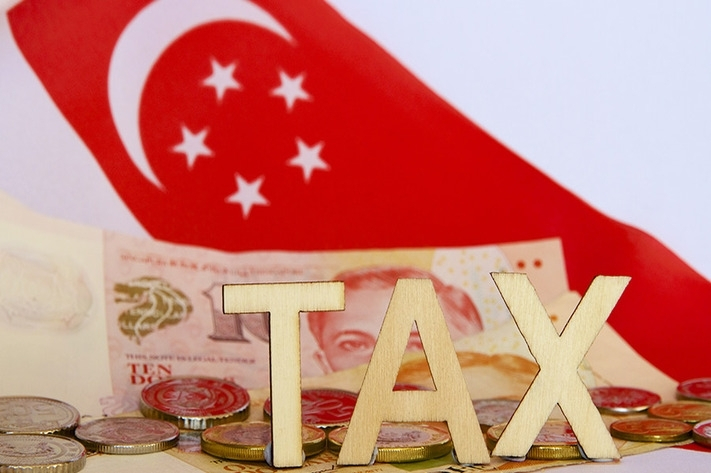
INTERSHORES I Income Tax in Singapore
Individual income tax in Singapore is currently based on the progressive tax system (for local residents and tax residents) with tax rate varied upto 22% since Year of Assessment (YA) 2017. YA is based on calendar year from 1 January to 31 December and is payable based on income earned in the preceding year.
Corporate income tax is based on the “source” principle, ie. where the income earned in Singapore, or those derived from overseas but received in Singapore, are taxable. Any income arising from sources outside Singapore and received in Singapore on or after 1 January 2004 by an individual (other than partners of a partnership) is exempted.
With effect from Year...
Details
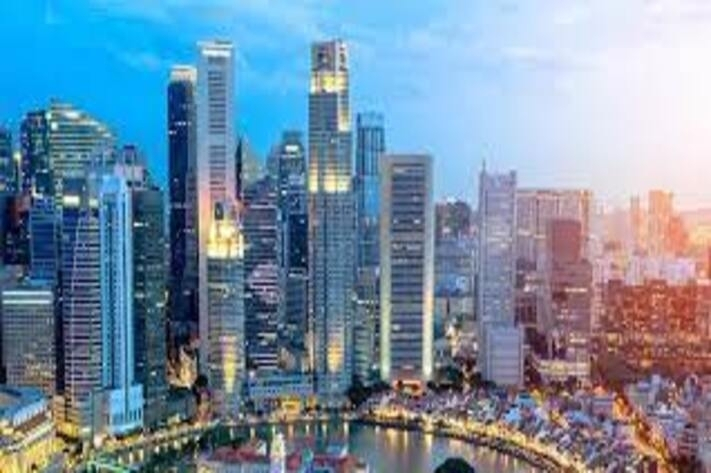
INTERSHORES I Tax & Incentives for Holding Companies in Singapore
A number of Singapore’s DTAs include “tax sparing” provisions, which ensure that benefits granted to foreign investors under the source state’s tax incentive schemes will not be offset by the residence state’s taxes.
Under those provisions, the residence state treats the entity as if it had paid the usual corporate tax rate on that income in the Singapore and a number of other ASEAN countries offer favorable tax incentive schemes and concessions, aimed at attracting foreign investment. e source state, even when it has enjoyed a tax holiday or other concession. Essentially, the income is “spared” under the treaty in order to advance economic...
Details
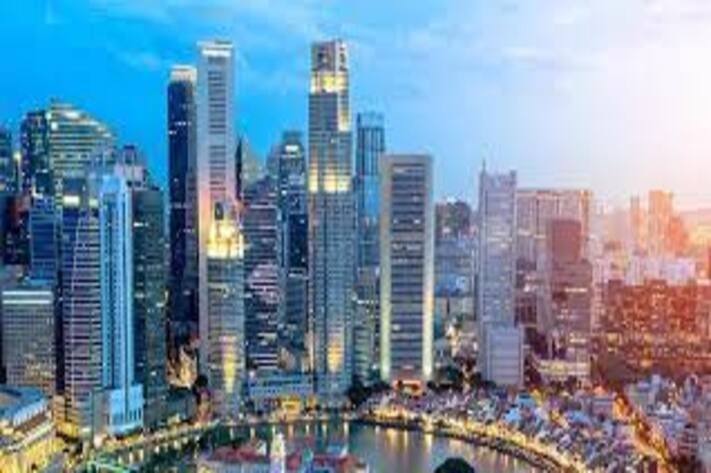
INTERSHORES I Singapore Quick Fix
Compared with other jurisdictions, what is unique in of Singapore ? Why should people put money there?
Ranked as one of the world's easiest places to do business and one of the most competitive Asian economy, Singapore has world-class business and banking infrastructure. Tax system is territorial and the rates are relatively low with attractive tax incentives and exemptions for business to operate.
What are the most popular financial services in Singapore? How can they protect the interests of investors?
With "AAA: rating, with world's top banks and financial institutions establishing their presence here, Singapore is an international financial centre with well established law to...
Details

